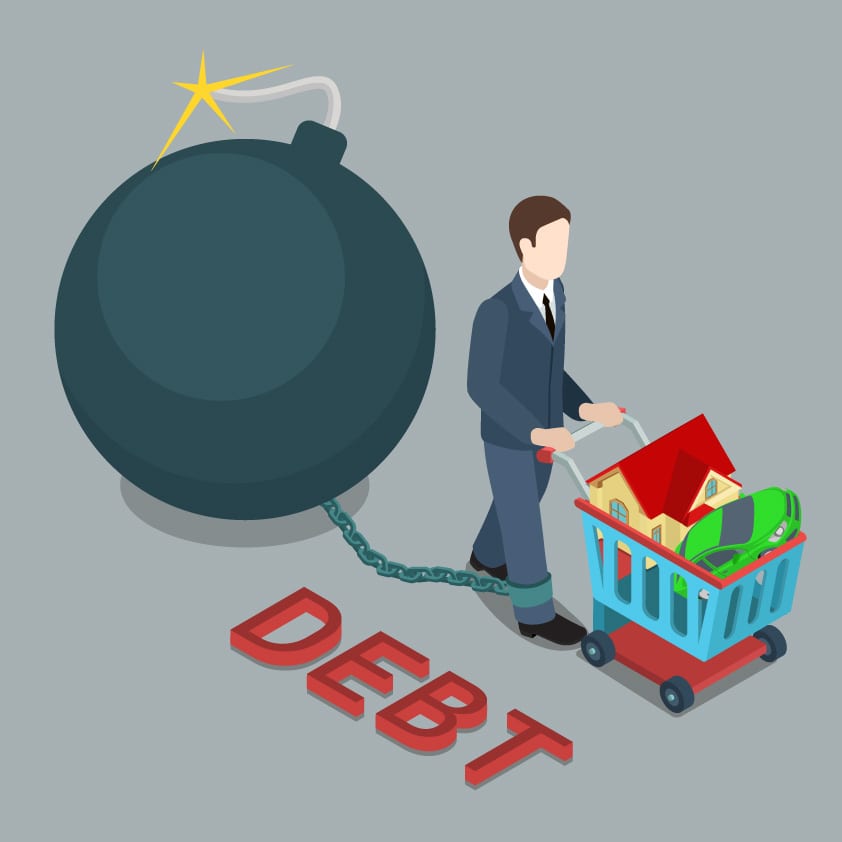In the realm of debt recovery, the concept of ethical debt collection has become increasingly significant. It’s a balancing act that requires a delicate blend of firmness and fairness. This approach not only aligns with legal compliance but also with maintaining a positive customer relationship, which is vital for any business’s long-term success. Understanding and implementing ethical debt collection practices can significantly impact the reputation and efficiency of a business. For more detailed insights on dispute resolution and ethical practices, cisdrs.com offers a wealth of information.
- Understanding Ethical Debt Collection
Ethical debt collection is about more than just adhering to legal requirements; it’s about treating debtors with respect and dignity. It encompasses transparent communication, empathetic engagement, and fairness in all dealings. Ethical practices ensure that debtors are aware of their rights and are not subjected to unfair or harassing collection tactics.
- Communication: Key to Fair Debt Recovery
Effective communication is the cornerstone of ethical debt collection. This involves clear, respectful, and honest interactions. Providing debtors with all necessary information regarding their debt, including any options for repayment plans, is crucial. Transparent communication fosters trust and cooperation, making the recovery process smoother for both parties.
- Empathy and Understanding
Approaching debt recovery with empathy is crucial in maintaining a positive relationship with the debtor. Understanding the debtor’s situation and showing willingness to find mutually beneficial solutions can lead to more effective debt recovery. An empathetic approach does not mean being lenient; rather, it’s about being fair and considerate in the collection process.
- Adherence to Legal Standards
Ethical debt collection practices are grounded in strict adherence to legal standards and regulations. This includes respecting privacy laws, avoiding misleading or aggressive tactics, and ensuring all communication is in line with regulatory guidelines. Businesses must stay informed about the legal framework governing debt collection in their jurisdiction.
- Training and Education
Investing in training and education for collection staff is essential. Employees should be well-versed in ethical practices and legal requirements. This ensures that they handle collections professionally and respectfully, which can significantly reduce the risk of complaints and legal issues.
- Technology and Ethical Practices
Utilizing technology can enhance ethical debt collection. Automated systems for tracking communications and payments ensure transparency and accuracy. Additionally, technology can help in identifying suitable repayment schedules based on the debtor’s financial situation, ensuring fairness in the repayment process.
- Building Long-Term Relationships
Ethical debt collection is not just about recovering dues; it’s also about building and maintaining long-term relationships with customers. Fair treatment during the collection process can lead to retained, even loyal, customers in the future.
- The Role of Third-Party Agencies
When employing third-party collection agencies, it’s important to partner with those that value and uphold ethical practices. They represent your business and their actions can significantly impact your reputation.
Balancing firmness with fairness in debt collection is essential. Ethical debt collection practices not only comply with legal standards but also respect the debtor’s dignity, leading to more effective and humane debt recovery. For businesses looking to deepen their understanding and implementation of these practices, resources and expert guidance are available at cisdrs.com. Embracing these principles can lead to a more positive financial environment for all stakeholders involved.
